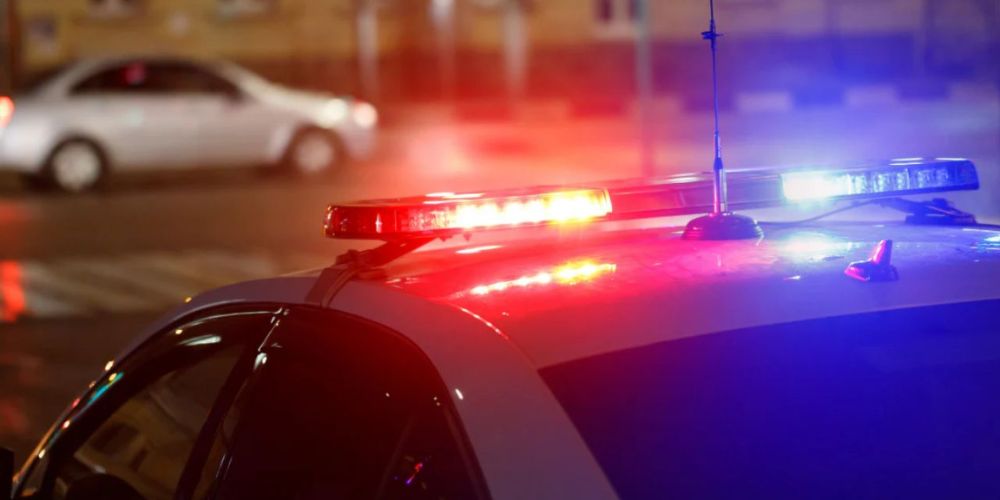A 25-year-old Maryland man was detained late Wednesday night after reportedly leading Indiana State Police on a high-speed chase that exceeded 130 mph and admitting he was “just trying to get home to Maryland.”
Brandon Stewart, of Beltsville, is now facing a Level 6 felony for obstructing law officers, as well as multiple misdemeanor counts of driving while intoxicated and careless.
According to court filings, the incident began at 10:50 p.m. on August 6, when a state trooper conducting a traffic stop on State Road 37 near Harrodsburg noticed a gray Infiniti speeding by at over 100 mph.
The trooper pursued and caught up with the vehicle near Smithville Road and SR 37, but the driver ignored the lights and sirens, accelerating to 125 mph. The chase continued into a construction zone before Stewart merged onto I-69 northbound, where his speed reportedly exceeded 130 mph.
The pursuit came to an end when Martinsville Police deployed stop sticks near the 142-mile marker, causing the Infiniti’s tires to explode. Stewart eventually stopped on the side of Interstate 69 and was arrested.
Troopers observed Stewart’s red, shiny eyes and found symptoms of impairment. A verified breath test revealed a blood alcohol concentration of .155%, nearly twice the legal limit.
Officers also discovered a “ghost gun”—a firearm with no serial number—in Stewart’s car. Stewart reportedly told police that he couldn’t legally buy a weapon in Maryland, so he “went to the streets” to get one.
A Level 6 felony conviction in Indiana carries a maximum sentence of two and a half years in prison.
Law enforcement officers emphasize that high-speed chases and intoxicated driving pose significant risks to both the suspect and the public. Speeds more than 100 mph significantly diminish reaction time, and impaired judgment increases the chance of catastrophic crashes.
Police advise drivers to make sensible decisions, particularly when driving long distances, and to never drive while intoxicated. Ride-sharing services, designated drivers, and public transit are among the resources available to assist avert catastrophes.
